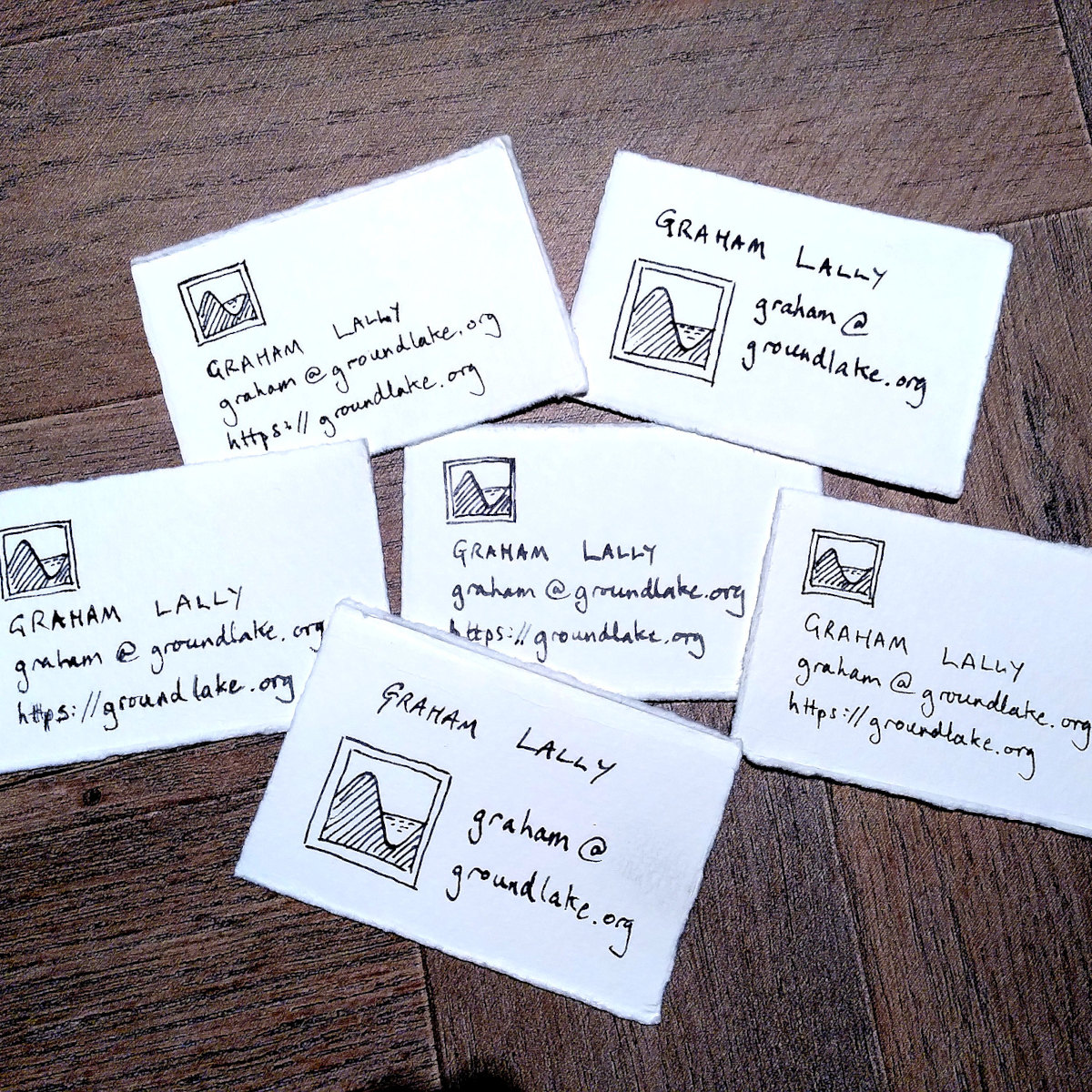Do we have a civil duty to re-design social media platforms? Some open thoughts to start exploring the topic.
Or, to rephrase that: Is there a civil duty for civilians to design civility into our use of the social internet?
(Being deliberately aware of using the term "civil" extensively here – civility, civilian, civil as a whole. This is to draw attention to the overlap between the terms, and the ambiguity between them. Are civilians always civil? Are civilisations?)
Some fragments:
-
The accepted narrative is that social media profits from anger and hate, which is largely true, but risks ignoring the wider notion that we humans engage with all extremes of emotions. We remain drawn to content which inspires us, calms us, and makes us laugh as much as we are to what makes us angry. (Perhaps we just remember the negative stuff for longer.)
-
I started using Twitter in 2007 to keep in touch via SMS, before data was ubiquitous. A friend had moved to France, and it was genuinely exciting being able to text him for free (not 20p a message) by just using "DM" at the start of a text message.
-
Twitter grew rapidly from a network to an algorithm to a business, but at its heart was the idea of being able to post "interesting things", like spotting a monkey. Similarly, Flickr had its "Interestingness" algorithm which everyone in the photography scene was trying to decipher. It was clear that being connected was less important than being famous from this point. Being favourited was less important than being reposted.
-
This struggle to be interesting is still where we’re at now, it has become a way of life once we step into the public sphere. But we cannot separate out factually interesting from emotionally interesting content – facts confirm desires and passions are formed from observations. Second, we cannot separate out "good" interesting from "bad" interesting – for every anger-inducing content there is something funny, hopefully, shocking, cute. The dichotomy is not between good and bad, but been being entertained and bored.
-
So we remain stuck in this vicious loop of wanting to seek out the good stuff, but getting all the while annoyed by the bad stuff, but being unable to step away from any of it. In civil participation terms – a seemingly antiquated term? – this is akin to wandering around our local community and only engaging with the people shouting the loudest, or being the most egregious, the most unruly, the most effervescent. It is to ignore the quiet, the reliable and, very often, the people closest to us.
-
Local democracy in the UK (and possibly elsehere) is in a precarious place now, with local governance being hollowed out through the twin effects of austerity and the rise of alternative, privately-owned networks. It is much easier to partiicpate in global polls of no value than it is to engage with the complicated and charged landscape of local politics.
-
Does this represent a giving-up, then? Are we relieved that local decisions, despite not being what we would like, are actually taken out of our hands, for whatever reason?
-
Or is there an alternative to X as the "global town square"? Has there always been an alternative, just we never got round to giving it any attention? Is there an appetite for doing politics differently at this level – or is it too late? Are we happy with just shouting at each other from long distances.
-
Distance is a good way to think about it. Of the people that you know, in person, have met face-to-face, how many decisions are shared between you, that you jointly participate in? Can we map domains of influence to domains of contact in this way? Can we make democracy – co-deliberation, meaningful votes, sustainable feedback – something that we implement daily, not just take for granted?
-
In among all the clamour to make coutries "great" "again", we have lost what it means to be a citizen of that country. What do we expect of each other, of our representatives, of ourselves? And when people fail to meet those expectations, how can we capture that and turn it into something positive?
-
Instead of grunting and accepting the world as beyond help and beyond change.
-
How can we design our networks to give us back some faith in others?
Am I just rehashing arguments from 20 years ago? Have I missed anything? Where do we go from here? Drop me a line on Mastodon or Bluesky.
Other reading:
- Martin Weller: Universities need to leave X
- A list of Bluesky moderation policies encouraged by its users




